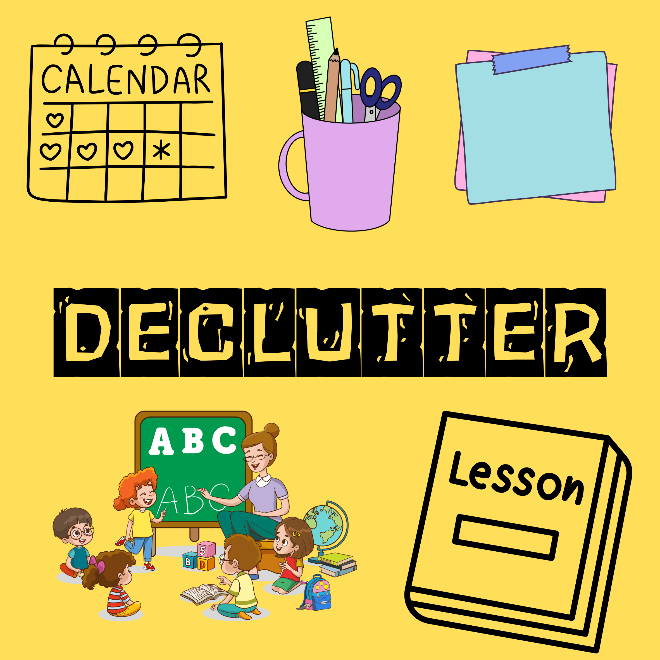February 2nd, 2026
Across the country, word has been spreading on the importance of high-quality early childhood education. Study results show major benefits of quality early education for young students, and business and military leaders have been showing their support, listing high returns for society and stating that it’s a necessity for this country’s economic health and military readiness.
Support has been growing in many states, including Kentucky. A variety of programs and organizations have been created to help communities and educators improve education for all young learners in the state. We’ve put together a list of links that can be used to find high-quality early childhood programs and opportunities for professional development to learn how to support these children and their families.
GrapeSEED is also prepared to help improve the quality of early childhood education in Kentucky. Learn more by attending a free GrapeSEED Preview event and lunch , for educators, administrators, and anyone interested in improving the quality of early childhood education programs, on October 31st in Louisville. There you will discover how this supplementary program for oral language and critical listening is helping young students close the achievement gap in language.
We hope you find the following list helpful in your mission to find or provide high-quality early education programs for the state’s young learners. They deserve the very best, and when they benefit, we all benefit!
Created by Governor Stephen Beshear, the Kentucky Governor’s Office of Early Childhood Education provides a wealth of information for families and communities to help support and strengthen them in the mission to provide high-quality early care and education to the young children of the Commonwealth.
- The Kentucky Head Start program , serving the state’s low-income and at-risk families, is dedicated to the idea that Kentucky should lead the Region and the Nation as a provider of high quality care and learning to all children and families.
- The STARS for KIDS NOW program , part of the KIDS NOW Initiative (Kentucky Invests in Developing Success NOW), is Kentucky’s voluntary quality rating system for licensed Type I and Type II child care centers and certified family child care homes. Quality of care is measured on a scale of 1 to 4. Early childhood care and education programs are assessed in the following areas: staff/child ratios, group size, curriculum, parent involvement, training/education of staff, regulatory compliance, and personnel practices.
- The Kentucky Early Childhood Standards were designed as a framework to assist parents, early care, intervention, and education professionals, administrators, and others in understanding what children are able to know and do from birth through four years of age.
In addition to these programs and standards for families and communities, there is support for the educators working to help students get the best possible education.
- The Kentucky Association for Early Childhood Education (KAECE) is dedicated to serving and supporting the early care and education community to improve the lives of children and their families. The KAECE provides members with publications and newsletters on early childhood education, training opportunities and conferences, and other special services. Members are also entitled to the privileges of the Southern Early Childhood Association (SECA) and the National Association for the Education of Young Children (NAEYC).
- The Kentucky Reading Project (KRP) is a professional development initiative of the Collaborative Center for Literacy Development. During this yearlong, graduate-level literacy course, teachers learn best practices in reading instruction while participating in a professional learning community that positions them for leadership roles in their school, district and the state.
- The Kentucky Association of Professional Educators works to promote world-class education for ALL Kentucky students through initiatives that recruit, develop, retain and recognize highly accomplished educators.






